May 10, 2024 | 18:34 GMT +7
May 10, 2024 | 18:34 GMT +7
Hotline: 0913.378.918
May 10, 2024 | 18:34 GMT +7
Hotline: 0913.378.918
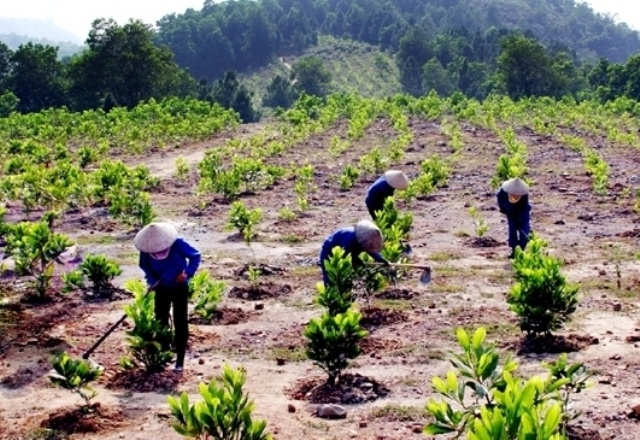
Illustration photo.
The Ministry of Agriculture and Rural Development (MARD) is drafting a Decree on investment policies in forest protection and development, processing, and trade of forest products. The Ministry proposes policies to support the productive afforestation and development of non-timber forest products. According to the draft, the target of productive afforestation and development of non-timber forest products is the unforested land area in the production forest plan. The beneficiaries are households and individuals in zone II and III communes (communes in zone II and III are those with difficult or extremely difficult socio-economic conditions, border areas, islands, ethnic minorities, and mountainous areas according to criteria regulations of the Prime Minister).
The support level is proposed as follows: 10-15 million VND/ha of one-time support in the first round for purchasing seedlings, fertilizers, and part of the labor cost paid in cash for timber and non-timber planting trees according to the business cycle of the crops. The specific level of support is decided by the provincial People's Committee.
One-time support for costs of survey and design in afforestation is VND300,000/ha. Support for the cost of afforestation promotion is VND500,000/ha/4 years (1 year of planting and 3 years of protection).
According to the draft, conditions to receive support are specifically proposed as follows: locals who have productive afforestation land which has been allocated or leased by competent authorities. The land has been granted a certificate of land use right or has been used for cultivation stably for three years or more without dispute.
Materials for afforestation including seedlings or propagation materials must originate from seed production units that have been granted certificates by a competent authority and have documents proving the origin of plant varieties following the forestry regulation.
The implementation process of investment support projects is carried out as follows:
1- Investor and project formulation:
1.1- Projects to support investment in productive afforestation and development of non-timber forest products in the special forest zones will be set up and invested by the special forest management board.
1.2-For the remaining areas of land for productive afforestation and development of non-timber forest products in a district, the province should establish one or two projects to support local households and individuals. Investors will be the forest management agencies, border guard stations and protection forest management boards.
1.3- Projects to support investment in productive afforestation and development of non-timber forest products for households and individuals are set up simply and clearly defining afforestation areas in each plot and sub-zone ensuring the principle of not overlapping with other productive afforestation project areas.
1.4- The implementation duration of the silvicultural investment support project follows the silvicultural cycle.
1.5- Management cost for investment support projects in afforestation and development of non-timber forest products is accounted for 10% of the total investment support of the project: 2% for provincial, district, and commune levels, and 8% for project investor. Management costs should comply with current regulations.
2- The investor approves the finance estimates and carries out the implementation, or hires a consultant for investment. Funding support for post-investment is granted 2 times. The first time is 70% and will be granted after planting and protecting the forest in the first year. The remaining will be granted the second time after the investor has completed all items according to the project design and is accepted for carrying out.
Translated by Linh Nguyen
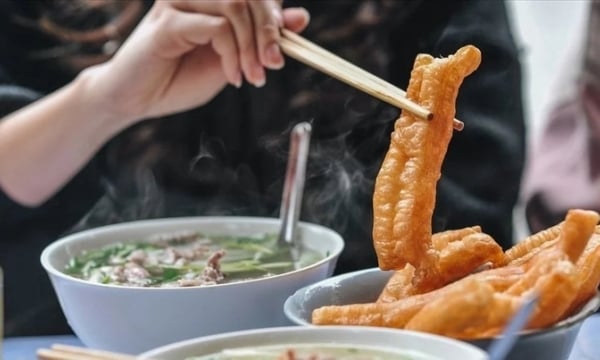
(VAN) Synthetic products such as Vietnamese beef noodle soup are governed by new Regulations (EC) 2022/2292, requiring public and transparent information about origin and establishments producing.
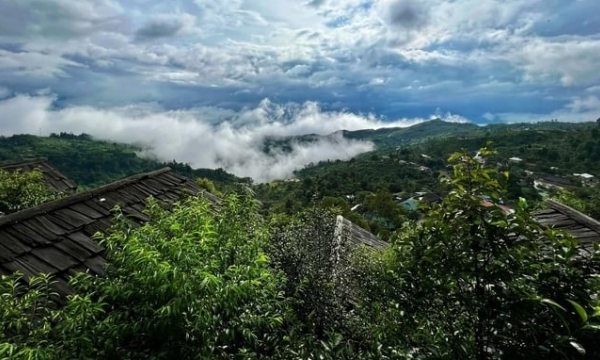
(VAN) The Northern Midlands and Mountainous region will form concentrated, specialized production areas with appropriate scale associated with processing and markets.
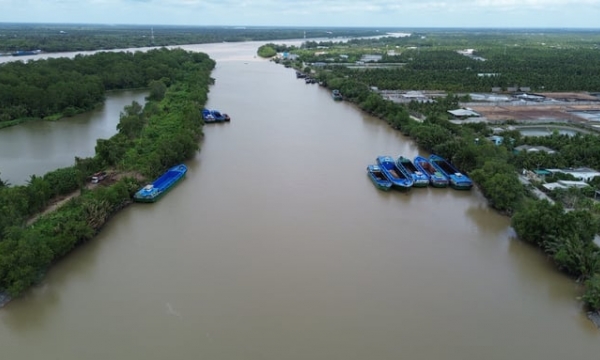
(VAN) Vietnam and the Mekong Delta region are most severely affected by climate change and sea-level rise compared to other areas.
/2024/05/07/4408-1-153647_55.jpg)
(VAN) This goal is prioritized in the Prime Minister's Decision No. 376/QD-TTg dated May 4 approving the regional planning for the 2021–2030 period, with a vision to 2050.
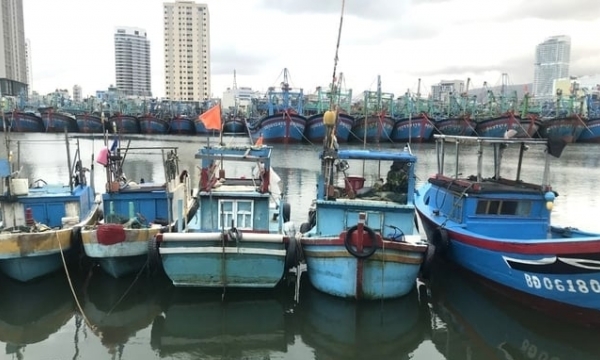
(VAN) Binh Dinh province will salvage approximately 340 dilapidated wooden fishing vessels, vessels engaged in destructive fishing practices and vessels at high risk of IUU violations.
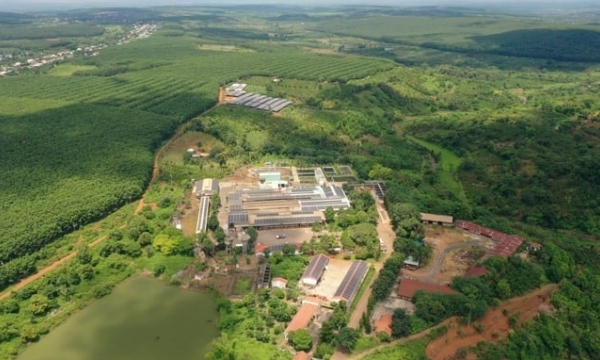
(VAN) Prime Minister Pham Minh Chinh signed a Decision on May 4, 2024, approving the plan for the Central Highlands region for 2021 - 2030.
/2024/05/07/4241-1-003249_546.jpg)
(VAN) There will be two sub-regions of economic and social development in the Red River Delta (North and South of the Red River). Hanoi Capital will be a globally connected central city.